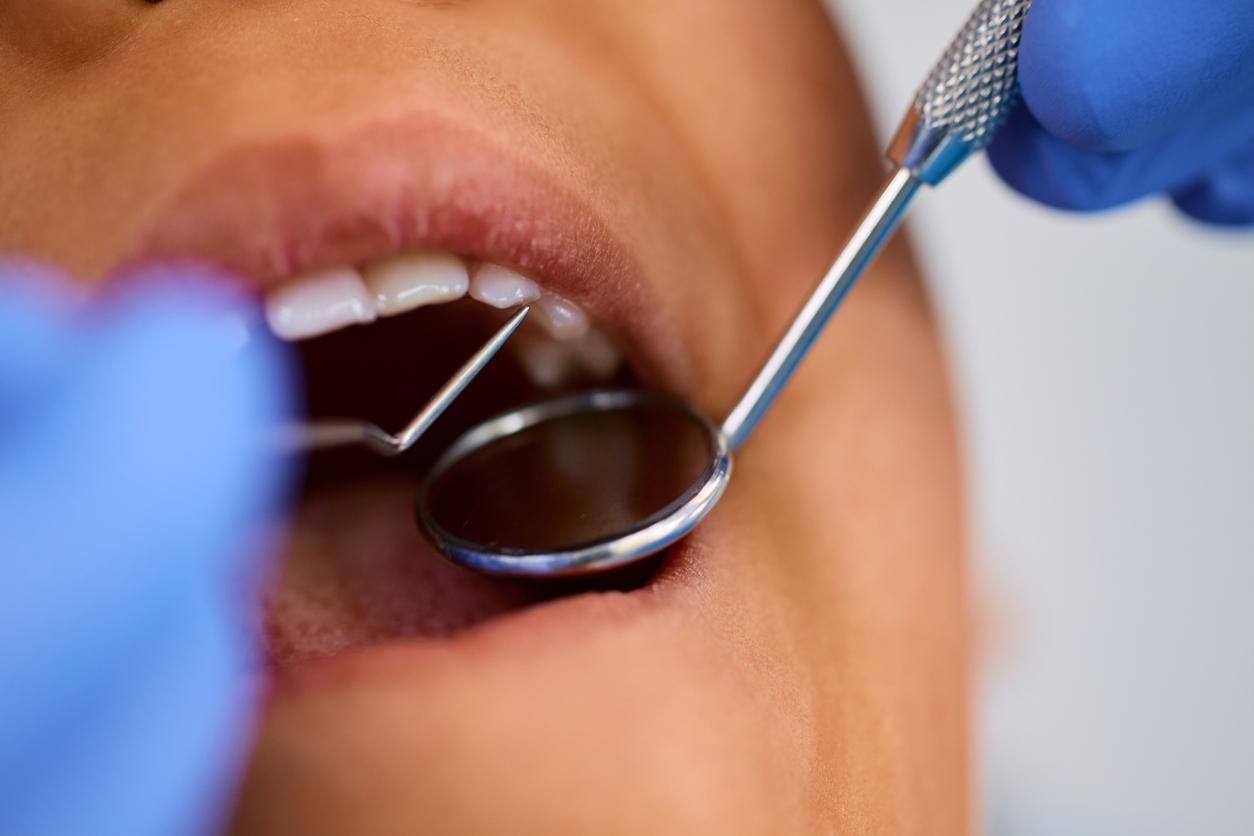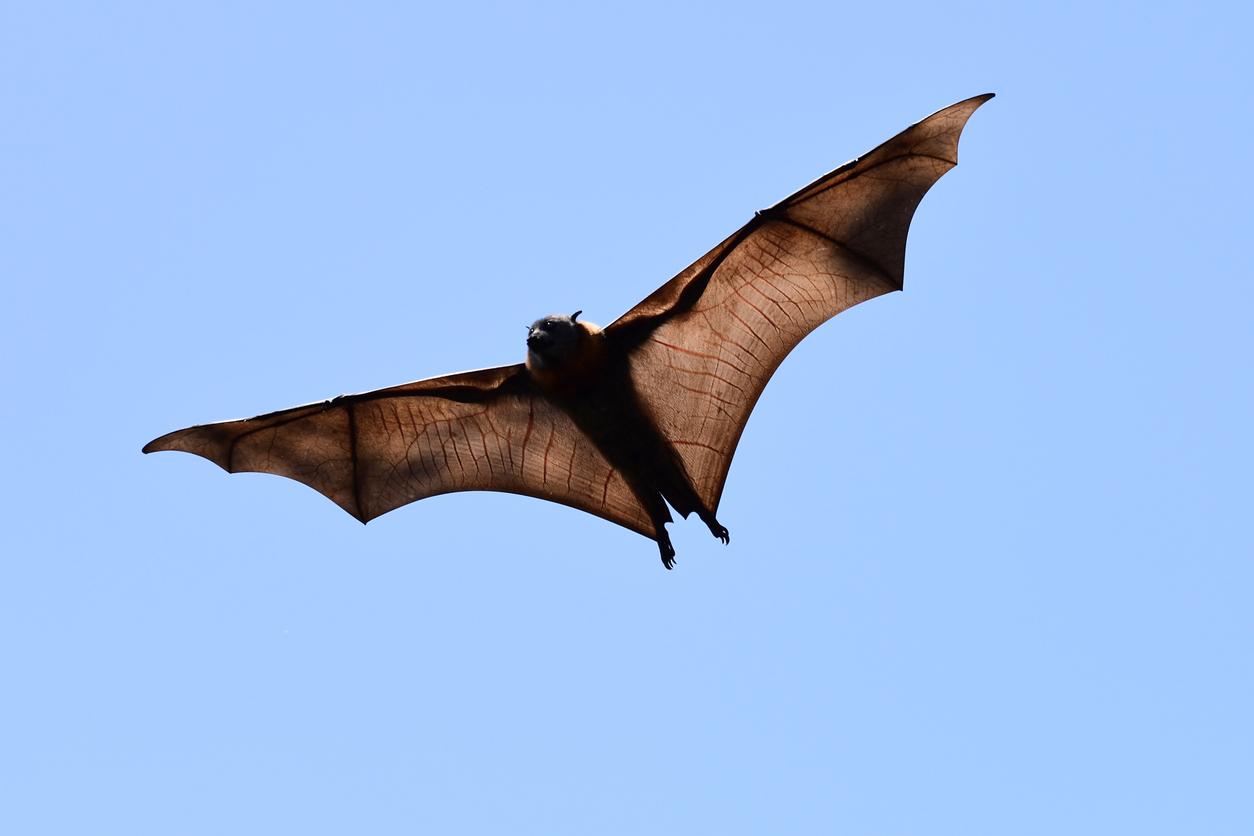Young patients who had surgery for meniscal tears between 1990 and 2005 have shown positive long-term clinical results, according to a new study.

Opting for surgery after meniscal tears offers young patients many long-term benefits, according to a new study. The menisci are fibrocartilaginous structures, 2 in number per knee (an internal meniscus and an external meniscus). They play an essential role in protecting the cartilage and stabilizing this joint. For this reason, meniscal tears or meniscus removal pose a risk of premature osteoarthritis.
Young patients who underwent surgery for meniscal tears between 1990 and 2005 have shown positive long-term clinical results, according to new research presented on Monday, July 9 at the annual meeting of the American Orthopedic Society for Sports Medicine in San Diego. To date, this is one of the largest long-term follow-up cohorts describing clinical outcomes of meniscus repair in pediatric patients.
6.53 on the Tegner scale
The researchers followed the medical progress of 32 patients for an average of 17.6 years after surgery. At the time of repair, the average age of the patients was 16.1 years. None of the repairs failed. The mean postoperative score on the Tegner scale was 6.53. “The Tegner activity-level scale”, in French “scale of Tegner”, is a scale of sporting and professional physical activities: from 0 (professional handicap due to the knee) to 10 (competitive sport such as football or rugby at national level or international).
“The results of this study demonstrate the effectiveness of surgery for young patients with this type of injury,” said Aaron Krych, researcher at the Mayo Clinic in Rochester. “Finding the best treatment options for these meniscal tears is important not only for the patient’s immediate recovery, but also for their long-term health and well-being,” he continues.
Limitations of the research
However, the authors indicate that the decrease in sports activity with age could be an independent risk factor. In addition, the limits of the research lie in the absence of MRI data or X-ray images and in a relatively small cohort.
The meniscal tear can occur in several contact sports (basketball, fooball, rugby …) or in a false movement of the knee in everyday life, when you squat for example, or where you turn your knee without his foot does not follow the rotation.

.

















